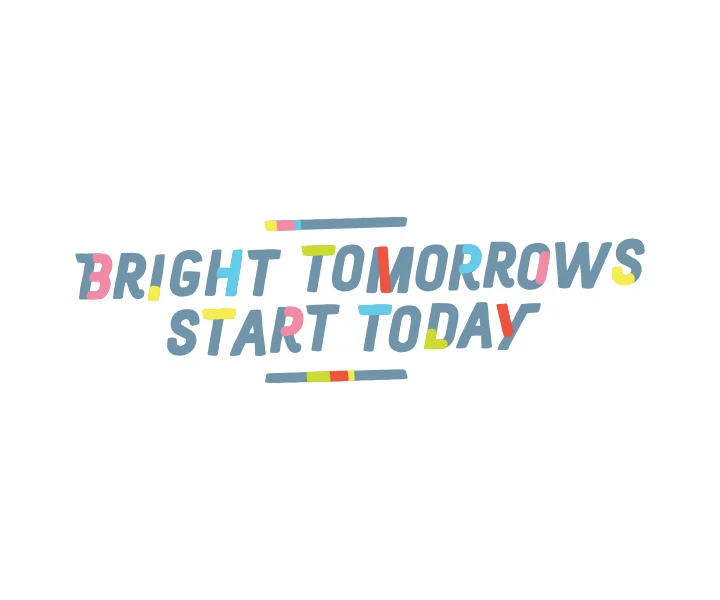Search
Research
The Challenges of Being Physically Active: A Qualitative Study of Young People With Type 1 Diabetes and Their ParentsBenefits of physical activity are well recognized for youth with type 1 diabetes mellitus (T1DM), but being active is challenging. In this study, we aimed to investigate the challenges experienced by adolescents, their parents and young adults with T1DM when they are physically active.
Research
Supporting Parents as their Child’s First Teacher: Aboriginal Parents’ Perceptions of KindiLinkThis paper reports on Aboriginal parents’ perceptions about their involvement in a Western Australian pilot initiative called KindiLink. The program seeks to support parents as their child’s first teacher and thereby enhance Aboriginal children’s early-years development, while strengthening relationships between families and schools. A constructivist paradigm was used to inform the methodology which placed Aboriginal voices at the centre of the research.
Research
Bullying and psychosocial adjustment among children with and without asthmaChildren with asthma face serious mental health risk, but the pathways remain unclear. This study aimed to examine bullying victimisation and perpetration in children with asthma and a comparison sample without a chronic health condition, and the role of bullying in moderating psychosocial adjustment outcomes for those with asthma. A sample of children with and without asthma, and their parents, were recruited from hospital clinics.
Research
Burden and preference-based quality of life associated with bullying in childrenThe objectives of this study are to assess the association between childhood bullying and preference-based health-related quality of life in Australian school children and their parents and estimate quality-adjusted life years associated with bullying chronicity. Children aged 8-10 years completed the child health utilities, while parents completed the Australian quality of life.
Research
The Potential of Anti-Bullying Efforts to Prevent Academic Failure and Youth Crime. A Case Using the Olweus Bullying Prevention Program (OBPP)The effectiveness of bullying prevention programs has led to expectations that these programs could have effects beyond their primary goals. By reducing the number of victims and perpetrators and the harm experienced by those affected, programs may have longer-term effects on individual school performance and prevent crime. In this paper, we use Norwegian register data to study the long-term impact of the Olweus Bullying Prevention Program (OBPP) on academic performance, high school dropout, and youth crime for the average student, which we call population-level effects.
Research
School leaders’ and staff wellbeing is critical for student success. Our Schools- Our Future Research PaperWhile most education professionals enjoy the many opportunities working in schools and with students provides, they are also exposed to numerous stressors, such as excessive workload, complex and challenging student needs and responding to parent demands can compromise their wellbeing. Frequent exposure can lead to burnout, stress, health and relationship problems and fatigue, which can have a negative impact on their motivation, job satisfaction and their likelihood of remaining in the profession. This research paper provides recommendations and practical actions to protect and promote the wellbeing of school leaders and staff, and to support staff who may be experiencing difficulties with their mental health and wellbeing.
Research
Improving equity through school leadership and student wellbeing. 2021. ACEL Monograph #61 - ‘The William Walker Oration 2021Citation: Cross D. Improving equity through school leadership and student wellbeing. 2021. ACEL Monograph #61 - ‘The William Walker Oration 2021.



Research
Bright Tomorrows Start Today (Parent App)The Bright Tomorrows app developed at The Kids Research Institute Australia aims to assist parents of children aged 0-5 years to support their child to develop the building blocks of several essential life skills.
